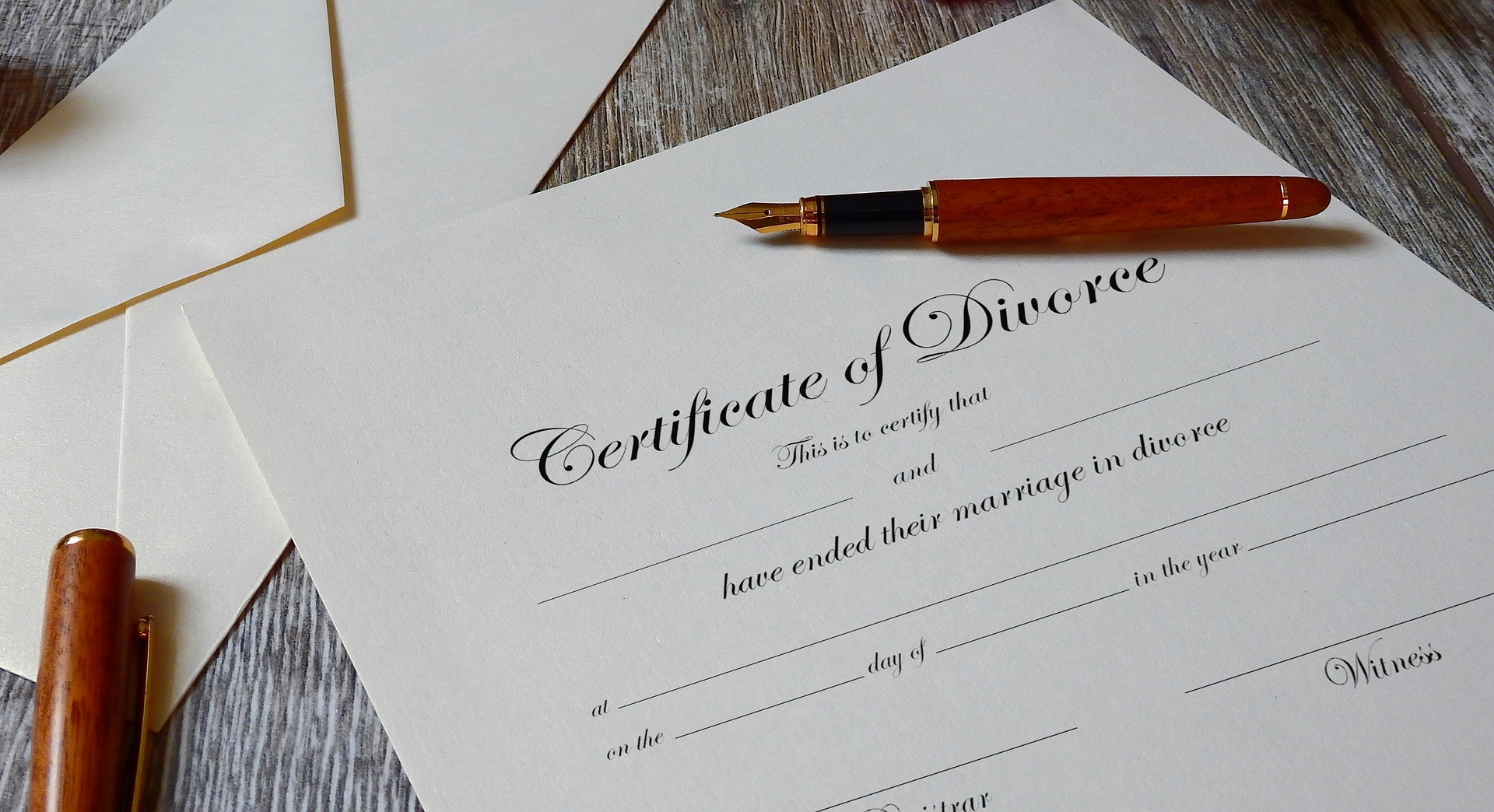Family law and property settlements can be complex, especially after an emotional and stressful life event, like a separation or divorce.
When a marriage or a de facto relationship ends, dividing property and finances is one of the most crucial and significant matters to work through.
In a perfect world, the property settlement process would ensure that both parties to the relationship receive a fair share of these assets. However, many people do not understand their legal rights in these situations and often walk away from the relationship without a fair property settlement.
In this piece, we will discuss what a property settlement is and how they work in Australia. Here is what you need to know about property settlements after a divorce or separation.
What is a Property Settlement?
A Property settlement is the division of assets, such as homes, cars, superannuation, and other financial elements – essentially anything that is considered a capital asset – between the people who were a party to a marriage or de facto relationship.
A property settlement is usually required in the event of a divorce or annulment of a marriage, or the separation or breakdown of a de facto relationship.
The legal steps involved in a property settlement are the same whether is for a marriage or a de facto relationship.
How does property settlement work in Australia?
The aim of a property settlement is to finalise all financial issues and ties between parties in order to allow them to move on with their lives easier.
In the family law system of Australia, parties are encouraged to reach a property settlement agreement on their own rather than through the courts, however, this is not always possible, given the complex nature of dividing assets, as well as the stress of the ending of a relationship.
To settle property matters without the intervention of the courts, many people use family law mediation to resolve any disputes or work their way through the property settlement agreement. If the parties are able to come to an agreement about the division of their property, then they can decide to manage the agreement by either:
- Entering into a Binding Financial Agreement
- Applying for a Consent Order from the Court
- Agree to an informal agreement
Any of these options might work for you – however, before making a final decision, it’s highly recommended that you seek legal advice from a family lawyer who specialises in property settlement matters.
How to calculate property settlement?
Working with a property settlement lawyer can make the process a lot simpler as property settlement matters can be complex, many factors need to be considered and every situation is unique.
If you’re unable to come to an agreement and you apply to the court for a property settlement, they will take into consideration things such as the contributions of each party to the relationship that are both financial and non-financial, as well as the ongoing and future financial needs of both parties and their capacity for earning.
A property settlement is rarely a 50/50 split and is different in every situation.
Who is entitled to apply for a property settlement?
You may not realise but under Australian Family Law, if you were married or in a de facto relationship for at least two years or you have had at least one child with your former partner, you can apply for a property settlement.
People who were married can apply for a property settlement once they are separated and up to 12 months after the divorce order. For de facto relationships, if you meet the above criteria, you can apply for a property settlement for up to two years after separation.
What is the Property Settlement Process?
The property settlement process follows some basic steps that can be applied to any property settlement matter, whether it’s between a married or de facto couple or whether they have come to an agreement outside of court or through court intervention. These steps are:
- The identification and valuation of property
To be able to fairly divide assets and property it’s important to understand the property pool of the relationship. The property pool incorporates the assets of each party, as well as the debts and liabilities. The property pool includes property that you may not realise is considered property, such as pets and superannuation.
If either party had property they had acquired prior to the relationship or after the separation, the way this is dealt with may vary by circumstance and this is where the guidance of a family lawyer becomes even more important.
- The consideration of the contribution of each party to the property
Contributions in a relationship are not as simple as who paid for what and who earned how much. Contributions are also rarely equal from a financial point of view either.
When a couple have had children, often one party will have made a higher financial contribution while the other may have looked after the children and taken on more parental duties. Whilst parenting isn’t a financial contribution, it’s a significant contribution to the relationship and considered as a contribution to the welfare of the family.
As every relationship is unique and has different circumstances, it’s best to work with a family lawyer who can advise on the various factors that are considered to be contributions.
- What are the ongoing and future needs of each party?
The next major step is understanding the needs of each party for the future, with a focus on their financial needs. There are lots of factors that can influence this, including if there are dependent children of the relationship and if one parent will take care of the children more than the other. Another factor is each party’s abilities to earn an income, which can be impacted by parenting arrangements, as well as their age and health.
The aim of the property settlement is to achieve a just and equitable settlement – or in other words one that is actually fair. The court will review the proposed settlement before making a final decision.
If the parties have agreed on a property settlement
Even if you and your former partner have worked out an arrangement, you should seek legal advice from a divorce and property settlement lawyer.
Agreements can be agreed upon informally which does not make them legally enforceable.
They can be made formal and legally enforceable by applying for a consent order to the courts or making a Binding Financial Agreement. Before taking either of these paths, you need to talk to a property settlement lawyer to seek advice.
If the parties can’t agree on a property settlement
If you and your former partner are unable to come to an agreement, then you will need to apply to the court for orders about how to divide your property.
When court intervention is required, it can take longer and end up costing more. The court will follow the four steps we mentioned above to make its decisions.
Should I get legal advice before a property settlement?
Whilst you technically do not have to talk to a lawyer before making a property settlement agreement with your former partner, it’s something that we highly recommend. Not only can a lawyer help you to formalise your agreement and make it legally binding, but they can also advise you on your agreement and ensure that you’ve both taken every measure and factor into consideration.
Family law and property settlements can be complex, especially after an emotional and stressful life event, like a separation or divorce, so ensuring you have your bases covered can set you up for a brighter future.
If you need legal advice regarding a separation, divorce, or property settlement in Australia, get in touch with the family law team at Unified Lawyers.



Join the conversation!